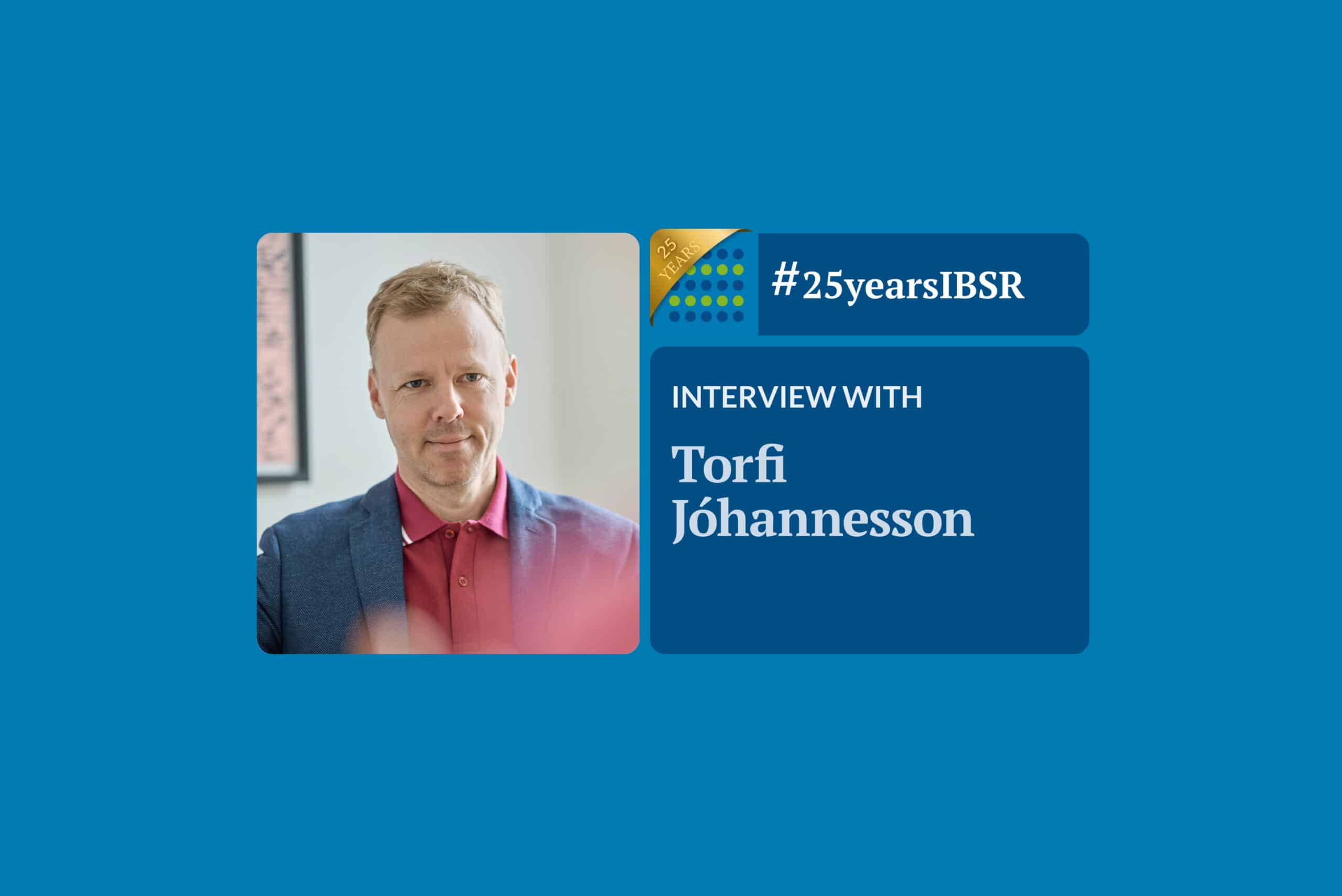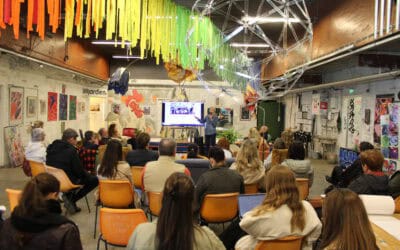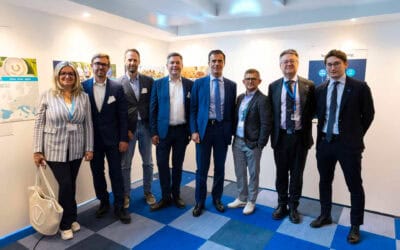
5 May 2023
There’s always someone who has found a good solution already
#25yearsIBSR
How to get inspired by solutions in place and Interreg partnerships? Read the interview with Torfi Jóhannesson from the Nordic Council of Ministers, who is also coordinating the EUSBSR policy area Bioeconomy.
Eeva Rantama: What benefits in the field of bioeconomy has Interreg brought?
Interreg has been bringing partners from this big and very diverse Baltic Sea region together. We’ve learned that there is always someone, somewhere who has found a good solution already. But these good solutions are not evenly spread; they become pockets of excellence instead.
What happens when we start working together, with Interreg support, is that we tap into these pockets of excellence and we spread the good ideas. Something that one region or area has figured out then suddenly becomes something that everyone is starting to work on.
This has brought a lot of benefits already, for example in the water environment. We developed standards for nutrient leakages from agriculture, forestry, and fisheries to reduce nutrient loads in the Baltic Sea. This has resulted in benefits for biodiversity, inner lakes, and rivers.
Another example comes from industrial symbiosis that I have been involved in. It is very tricky to link competing industries in order to utilise each other’ side products. This is why it is so important to learn from those regions that manage this step.
Interreg also speeded up and harmonised the processes of working with bioeconomy as a concept instead of working with agriculture, forestry, and fisheries separately. This helped regions and countries develop their own bioeconomy strategies.
What are your best memories related to Interreg Baltic Sea Region?
It would be the EUSBSR Annual Forums. To me, these are special and interesting events. And they are very much about Interreg projects.
And then, I think also working on the applications, reporting, and having dialogues with colleagues at the Joint Secretariat. These are rather bureaucratic processes and not easy at all. But having people on your side, always willing to help you navigate through the rules in a constructive way, has been very useful. It made the overall process quite enjoyable.
What are your associations with Interreg?
Partnerships. I have been involved with Interreg on many levels and it has all been about partnerships. Bringing people together. Professionalism and this drive to improve things.
What would like to wish the Programme for the future?
Continue the good work. Balance the bureaucracy with impact, and there have been good steps taken lately. Attract the attention of young qualified people to get good projects and good results. The concept of project platforms has been working well and this is something that could be further developed.
It’s also important that Interreg continues to be contextually relevant. The triple crisis of climate change, biodiversity and pollution is always there but then other crises and societal issues come in. So, remain relevant and always strive for adapting to the new realities.
#25yearsIBSR
This year, our Interreg Baltic Sea Region Programme is celebrating its 25th anniversary. For more examples of #MadeWithIBSR project results and testimonials of great people who have helped shape the regions with us, visit our birthday celebrations page!
More recent news
Bringing Communities Together for Sustainable Change
16 July 2025 Bringing Communities Together for Sustainable Change written by Anna ZaccaroOn 22 May 2025, we had the unique opportunity to explore...
How transnational cooperation is building Europe´s future with youth
Explore how transnational cooperation is transforming Europe, from addressing climate change to fostering local economic growth. This exhibition highlights the powerful impact of collaboration beyond borders in shaping a stronger, more united future.
CompositeCircle kicked off in Lappeenranta: setting the stage for circular innovation
The CompositeCircle project officially launched with a multi-day kick-off meeting in Lappeenranta, Finland, bringing together partners from across...




